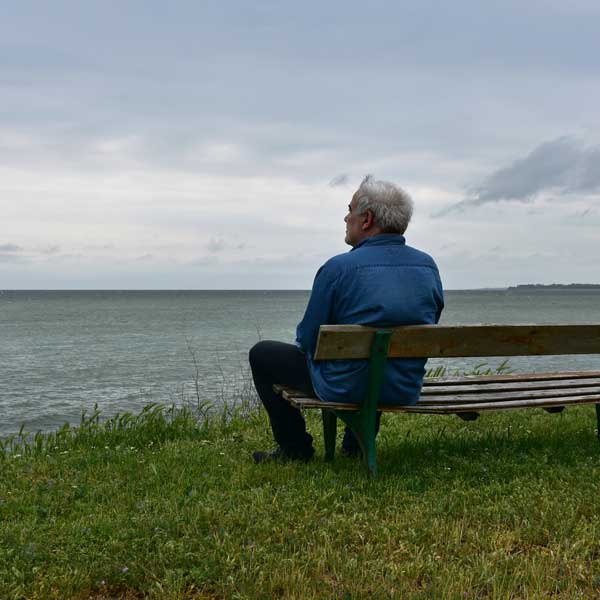How to Coping with Cancer-Related Grief
Understanding Cancer-Related Grief
Grief related to cancer may show up in different ways—before treatment begins, during the treatment process or after it ends, especially in the case of loss. Grief is a normal response to the significant changes and struggles associated with a cancer diagnosis, affecting not only the individual with cancer but also their loved ones.

Anticipatory Grief:
This type of grief occurs when someone begins to mourn the loss of their health, their future or a loved one’s presence before an actual death. It can be experienced by both the person with cancer and their caregivers.
Grief During Treatment:
Cancer treatment can bring about significant physical, emotional and social changes, leading to feelings of loss and grief. Individuals may grieve the loss of their sense of health, body image or future plans.
Delayed Grief:
Some individuals may experience delayed grief, where the grieving process begins after treatment ends, potentially due to the intensity of treatment or the lack of accessible support after treatment.
Grief After Treatment or Loss:
include sadness, anxiety, depression or physical symptoms.
Ask A Therapist
Tips for Coping with Cancer-Related Grief
- Seek support: Connecting with support groups, mental health professionals or trusted friends and family can provide valuable emotional support.
- Acknowledge your feelings: Allow yourself to experience and express your emotions, whether it’s sadness, anger, fear or relief.
- Take care of yourself: Prioritize your physical and emotional well-being by engaging in activities that bring you joy, practicing relaxation techniques and maintaining healthy habits.
- Communicate openly: Share your feelings and experiences with others, whether it’s with loved ones, a therapist or a support group.
- Seek professional help: If your grief is overwhelming or persistent, consider seeking professional help from a therapist or counselor who specializes in grief and bereavement.
- Remember and honor: Find ways to remember and honor the person who has died, whether through memorializing them, sharing stories or engaging in activities they enjoyed.
- Be patient and kind to yourself: Grief is a process, and there is no set timeline for healing. Be patient with yourself and allow yourself time to adjust to the loss.






Comments